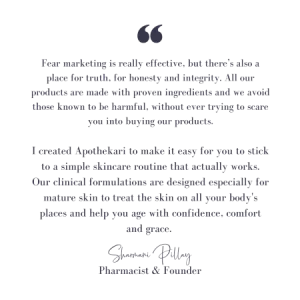Dairy Face is a term coined by a UK Naturopath—and, it’s been making the waves over the past few years. The thinking is that your skin is related to your digestive health, so you might see certain parts of your face reacting to stress in your gut, depending on the types of food or drink you are intolerant to, in this case dairy.
In previous posts, we’ve discussed Other “faces” described by the naturopath:
- Gluten Face – Characterized by a range of symptoms including psoriasis, eczema, acne or dry skin.
- Sugar Face – Sugar consumption reacts with proteins, creating elements called advanced glycation end-products (AGEs) leading to skin that appears wrinkles, saggy and gaunt.
- Wine Face – Typically associated with individuals who consume one or two glasses of wine or other alcohol most nights of the week, skin becomes dehydrated, making fine lines and wrinkles look worse. The face may become red and make the individual appear older.
Is Dairy Face Real?
Your skin reacts to what you put inside your body, and in some cases—especially if you are sensitive or allergic to a specific food—your diet can wreak havoc on your skin. When it comes to dairy face, milk, cheese, and other dairy products could possibly be the main culprits for several unwanted changes to your skin:
- Swollen eyelids
- Bags and under eye dark circles
- Small white spots and
- Bumps on the chin.
It’s thought that lactose—the sugar found in dairy products—intolerance contributes to the cause. An intolerance can affect the immune system leading to inflammatory responses in the body. So the result is puffy eyes and under eye bags. Dairy is also thought to increase the production of sebum (oily secretions) leading to acne. Additionally, hormones in milk may result in more inflammation including premature skin aging.
How Long Does It Take to Get Rid of Dairy Face?
If you suspect you may have Dairy Face, consider that your milk or cheese addiction may be the cause. You can try cutting out dairy entirely, as many people do. There aren’t any major risks associated with eliminating dairy from your diet as long as you follow healthy eating principles for most of the time. And calcium?
The daily recommended allowance isn’t as high as many of us assume and can be obtained through eating foods such as fish, beans, kale, spinach and hummus. If you have concerns, speak to your physician.







